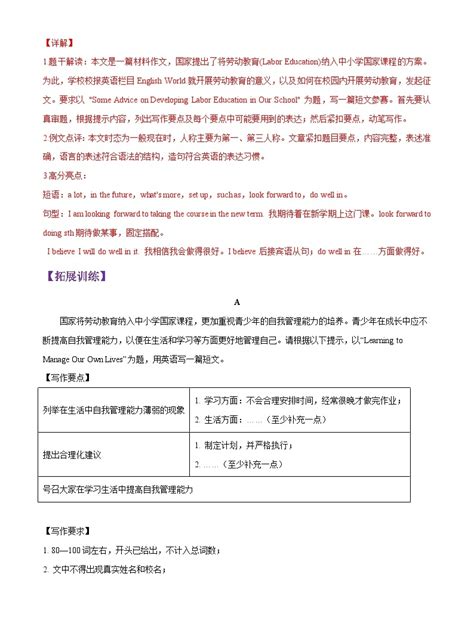Title: Translating "身心迟钝" into English
In Chinese, the term "身心迟钝" refers to a state of being physically and mentally slow, dull, or sluggish. It's used to describe a condition where a person's body and mind seem to lack agility and responsiveness. When translating this term into English, it's important to capture the full meaning and nuances of the original term. Here are some possible translations and explanations:
1. Physical and Mental Sluggishness

This translation captures the essence of "身心迟钝" by conveying the idea of both physical and mental slowness. It implies a lack of quickness in both body and mind, often resulting in delayed responses and reduced alertness.
2. Lethargy of Body and Mind
"Lethargy" conveys a sense of sluggishness and lack of energy, while adding "of Body and Mind" helps to explicitly link the physical and mental aspects highlighted in the original term.
3. Slow Reflexes and Diminished Mental Acuity
This translation breaks down the concept of "身心迟钝" into specific components, emphasizing the slow reflexes and reduced mental sharpness that characterize the condition.
4. Physical and Mental Slowness and Dullness
By combining "slowness" and "dullness," this translation encapsulates the idea of reduced responsiveness and alertness in both the physical and mental domains.
When choosing a translation, consider the context in which "身心迟钝" is being used and the specific nuances that need to be conveyed. Additionally, it's important to provide additional context or explanation when using the translated term to ensure that the full meaning is understood, as direct translations may not always fully capture the cultural and linguistic implications of the original term.












评论